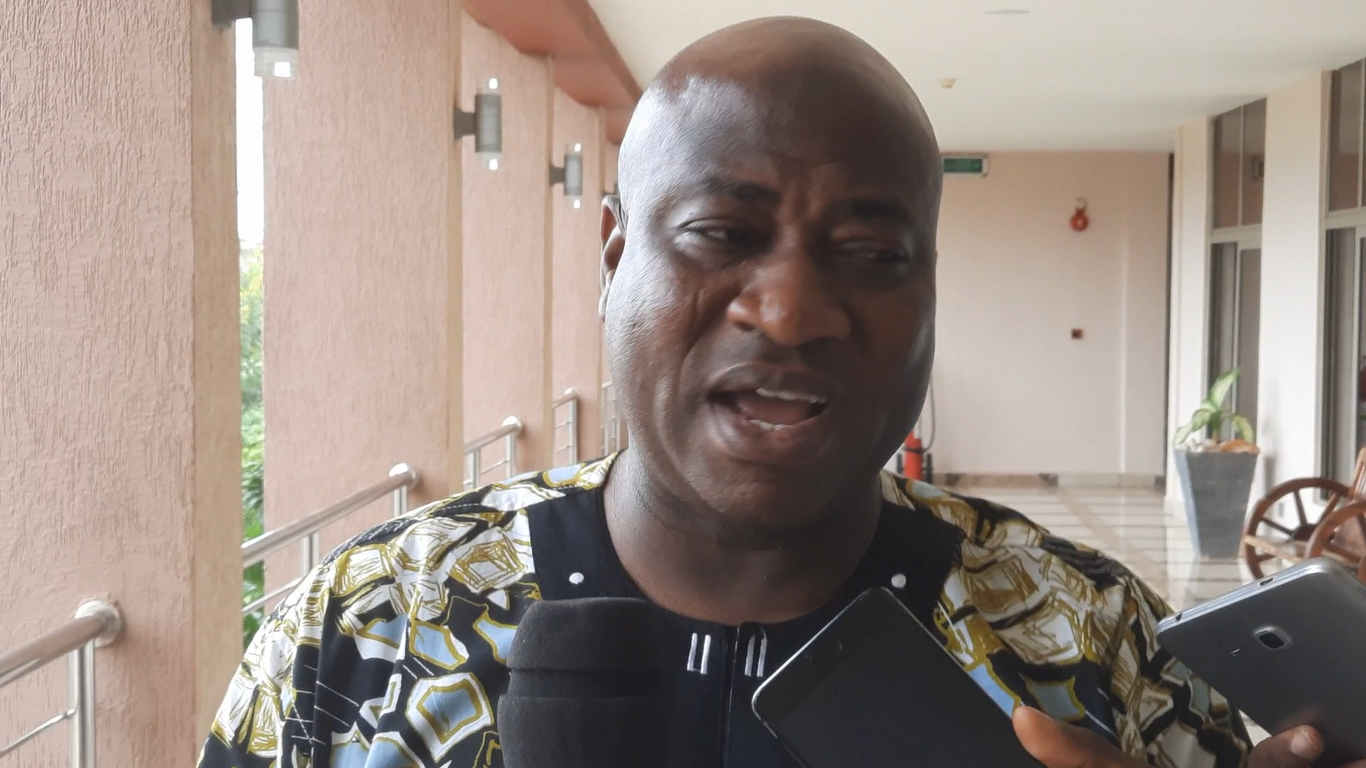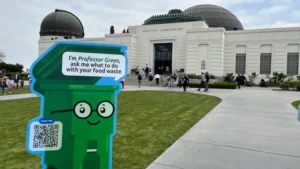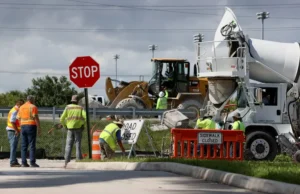Key Takeaways
- Ghana hosted a webinar on scientific advancements for sustainable water management on the Day of Scientific Renaissance of Africa.
- Key topics included the use of nuclear science and space technology to improve water quality and accessibility amidst challenges like pollution and illegal mining.
- Government initiatives, such as the Ghana Nuclear Power Programme and the Ghana Space Policy, aim to enhance water management and energy sustainability.
Event Overview
Ghana commemorated the Day of Scientific Renaissance of Africa with a high-level webinar organized by the Ghana Atomic Energy Commission (GAEC) on the theme “Water Resources Management: The Role of Nuclear Science and Space Technology.” The event, held in Accra, reaffirmed Ghana’s commitment to the UN Sustainable Development Goals, particularly those aimed at clean water and sustainable industry.
During the event, Kwamena Quaison, representing the Minister of Environment, Science and Technology, emphasized the urgent need for innovative scientific approaches to address Ghana’s water-related challenges, exacerbated by pollution, climate change, and illegal mining practices known as galamsey. He stated that traditional water management techniques are insufficient, advocating for the adoption of nuclear and space technologies to enhance precision and sustainability.
Quaison highlighted Ghana’s advancements in isotope hydrology and real-time earth observation as essential for monitoring water quality. These technologies are instrumental in tracing water sources and identifying contamination, thus supporting efforts against environmental degradation caused by illegal mining and indiscriminate practices.
Furthermore, the Minister outlined key government initiatives, including the Ghana Nuclear Power Programme, designed to provide sustainable and affordable energy, alongside capacities for water desalination. He also mentioned the forthcoming Ghana Space Policy, which aims to upgrade the Ghana Space Science and Technology Institute (GSSTI) to a fully-fledged agency, enhancing its role as a regional hub for space technology.
GAEC Director-General, Prof. Samuel Boakye Dampare, stressed the importance of sustainable water management in the face of increasing pollution risks and climate changes. He called for stronger collaborations between scientists, policymakers, and communities, alongside greater national investments in scientific research. Dampare proposed that at least 1% of Ghana’s GDP be allocated to innovation and research to ensure water security.
The June 30 observance, designated by the African Union to honor the role of science and technology in the continent’s development, featured technical presentations addressing the role of isotope hydrology and remote sensing in water resource management. Participants from government, academia, civil society, and the media gathered to explore these innovative approaches.
The content above is a summary. For more details, see the source article.















